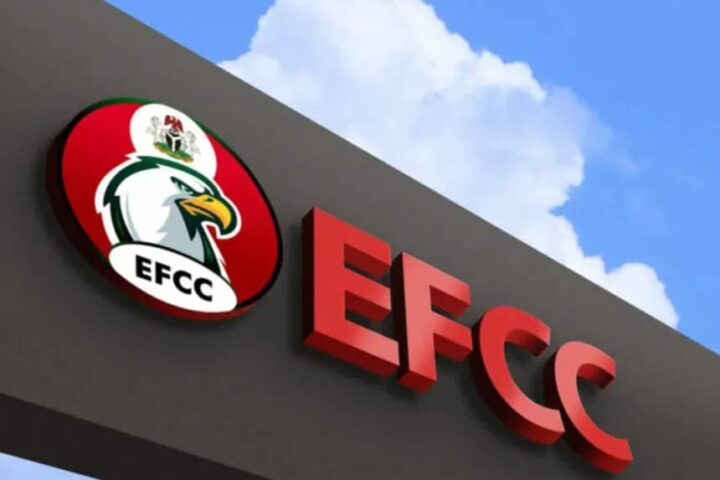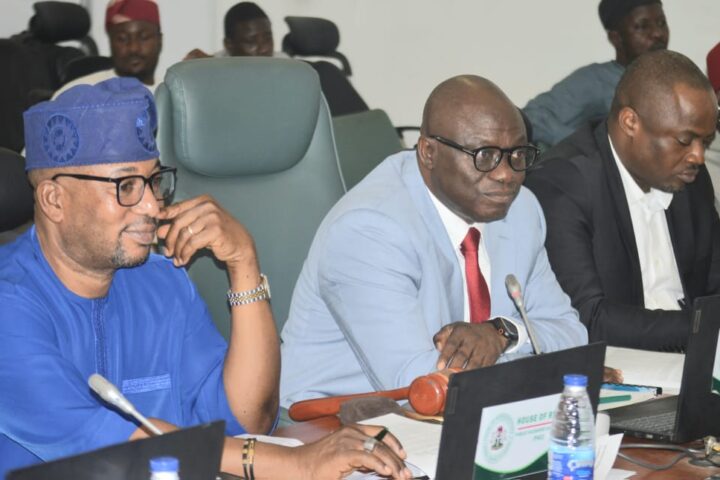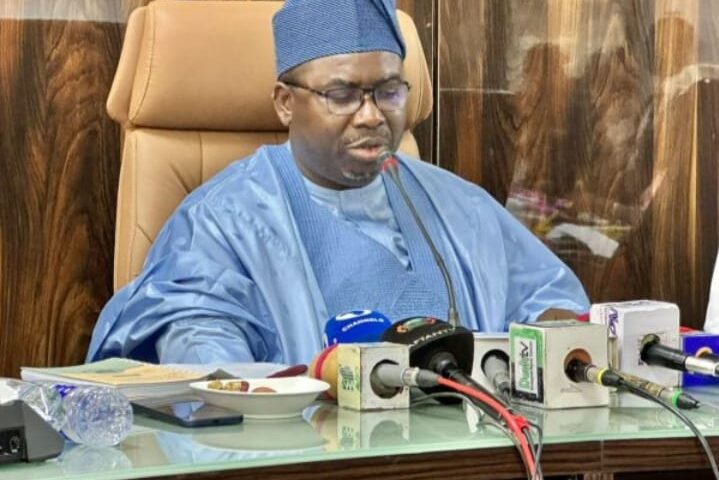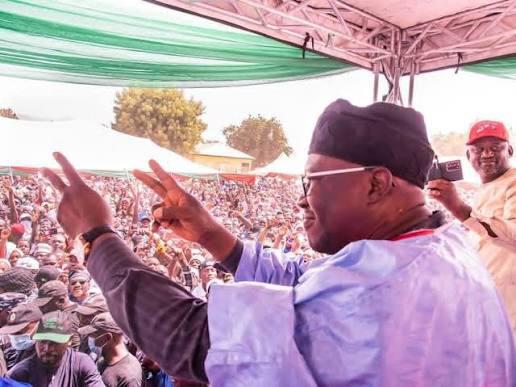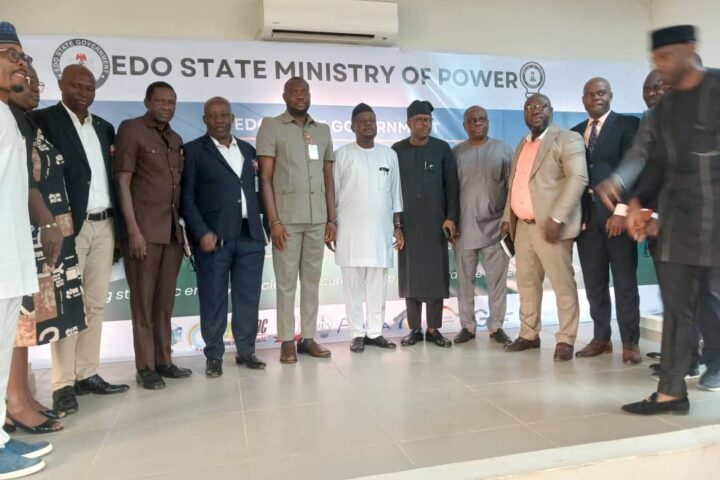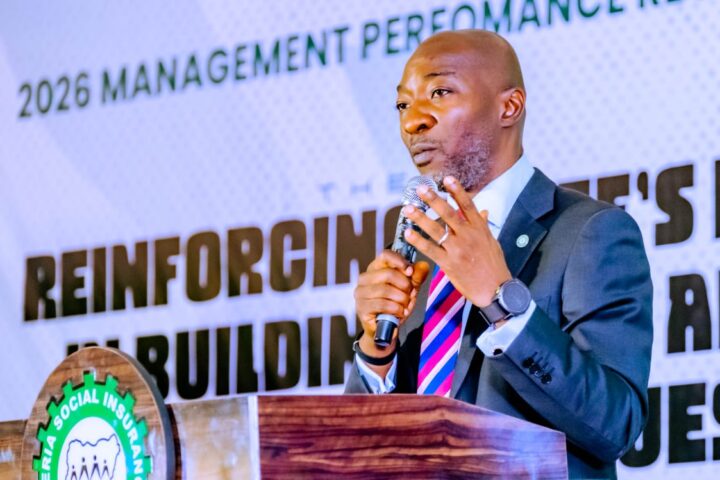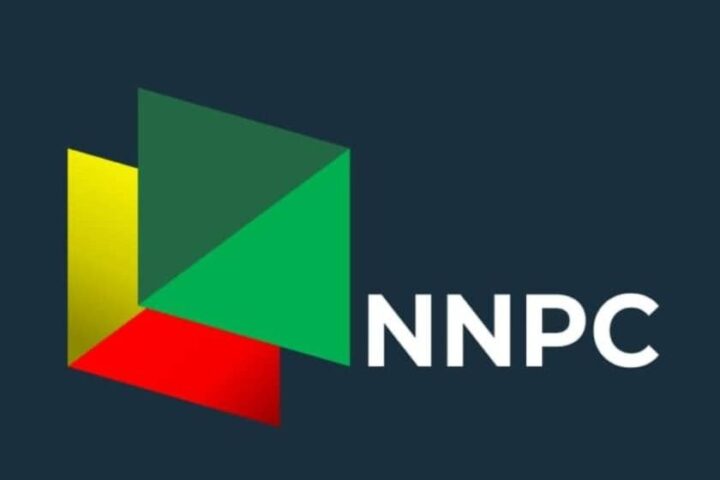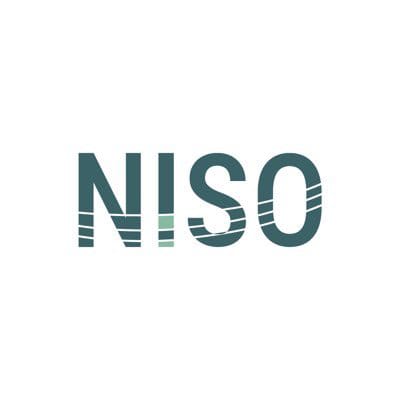Oxfam International has warned Nigeria against adopting International Monetary Fund’s austerity measures to stop poverty in the land.
It also warned the Brenton Wood institution against playing double standards in their approach to addressing poverty through its demand that developing countries, including Nigeria, implement austerity measures in their economic policies.
The IMF Chief, Kristalina Georgieva, had recently urged Europe not to endanger its economic recovery with ‘suffocating force of austerity’.
Oxfam International said the development manifests double standards on the part of the institution.
It is warning rich countries against austerity while forcing poorer ones into it,Oxfam said in a statement signed by its Communications Officer,Rita Abiodun .
Abiodun in the statement quoted the group’s Senior Policy Advisor, Nabil Abdo as saying
that the pandemic is not over for most of the world, rising energy bills, and food prices are hurting poor countries most.
He added” They need help, boosting access to basic services and social protection not harsh conditions that kick people when they are down “.
Dr. Vincent Ahonsi, Country Director of Oxfam in Nigeria ,according to the statement,said:Nigeria is a country of spectacular inequity and astounding level of poverty which cannot afford the IMF’s austerity bill as that could further worsen inequality and plunge more Nigerians deeper into poverty.Instead, the IMF needs to stop selling it’s austerity ideas to Nigeria and facilitate on easier access to emergency financing for socioeconomic infrastructure and human capacity development “.
He advised that the agency also needs to to encourage Nigeria Government to lessen the burden on 99 percent of the people who happen to be at the bottom of the pyramid and tax the super rich one percent more appropriately through progressive regimen.
” To help Nigeria and the majority of Nigerians who are daily finding it more difficult to meet their basic human needs, the IMF should lead the conversation on how Nigeria will suspend it’s huge debt servicing costs, as a pathway towards a comprehensive debt relief for the country. That way the IMF will be working for a fairer today and a better tomorrow for Nigeria and Nigerians “, said, Dr. Vincent Ahonsi.
About 87 percent of the IMF’s covid-19 loans are requiring developing countries that have been denied equal access to vaccines and are facing some of the world’s worst humanitarian crises to adapt tough new austerity measures that will further exacerbate poverty and inequality.



